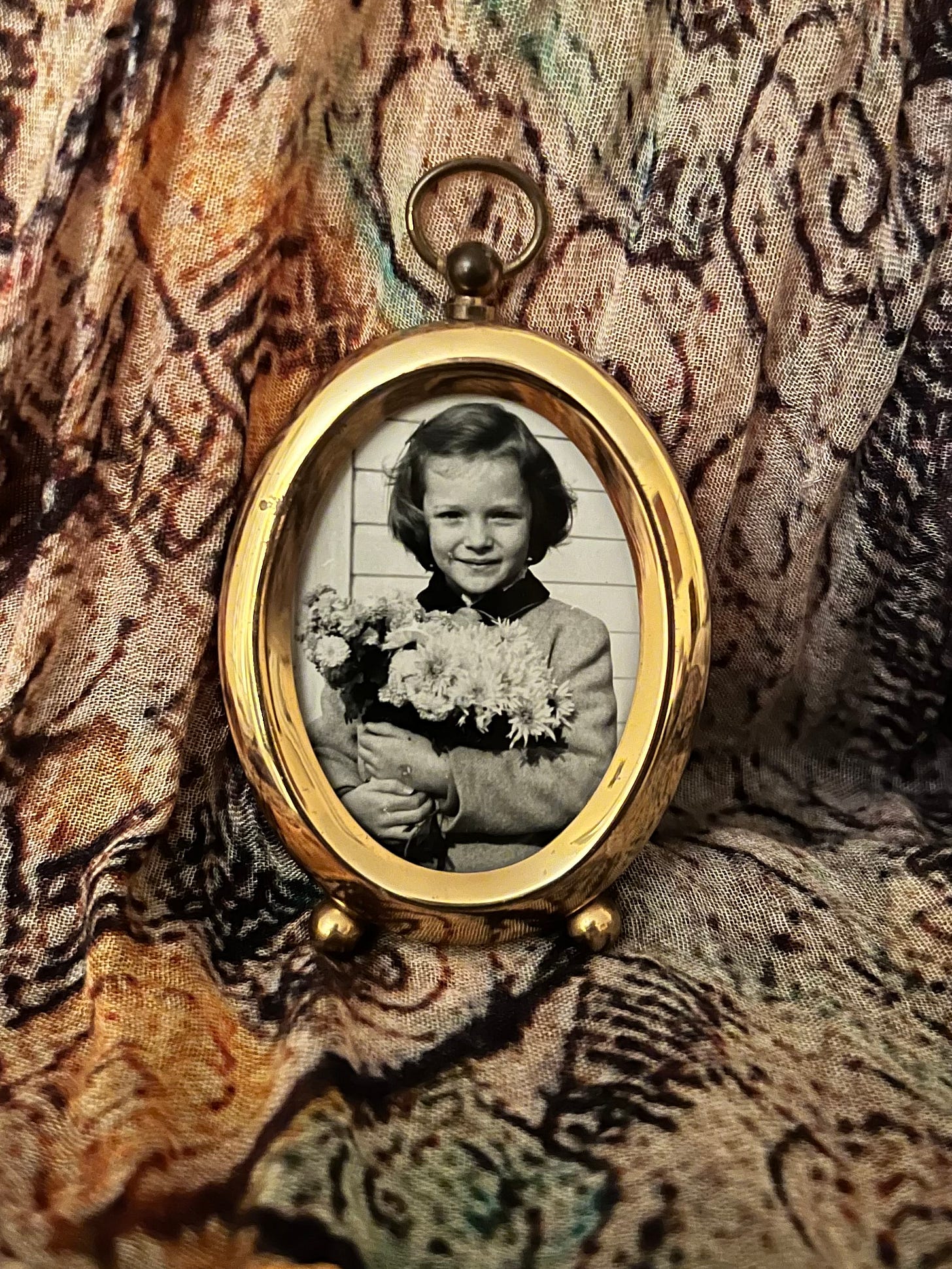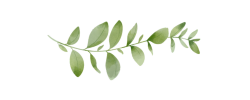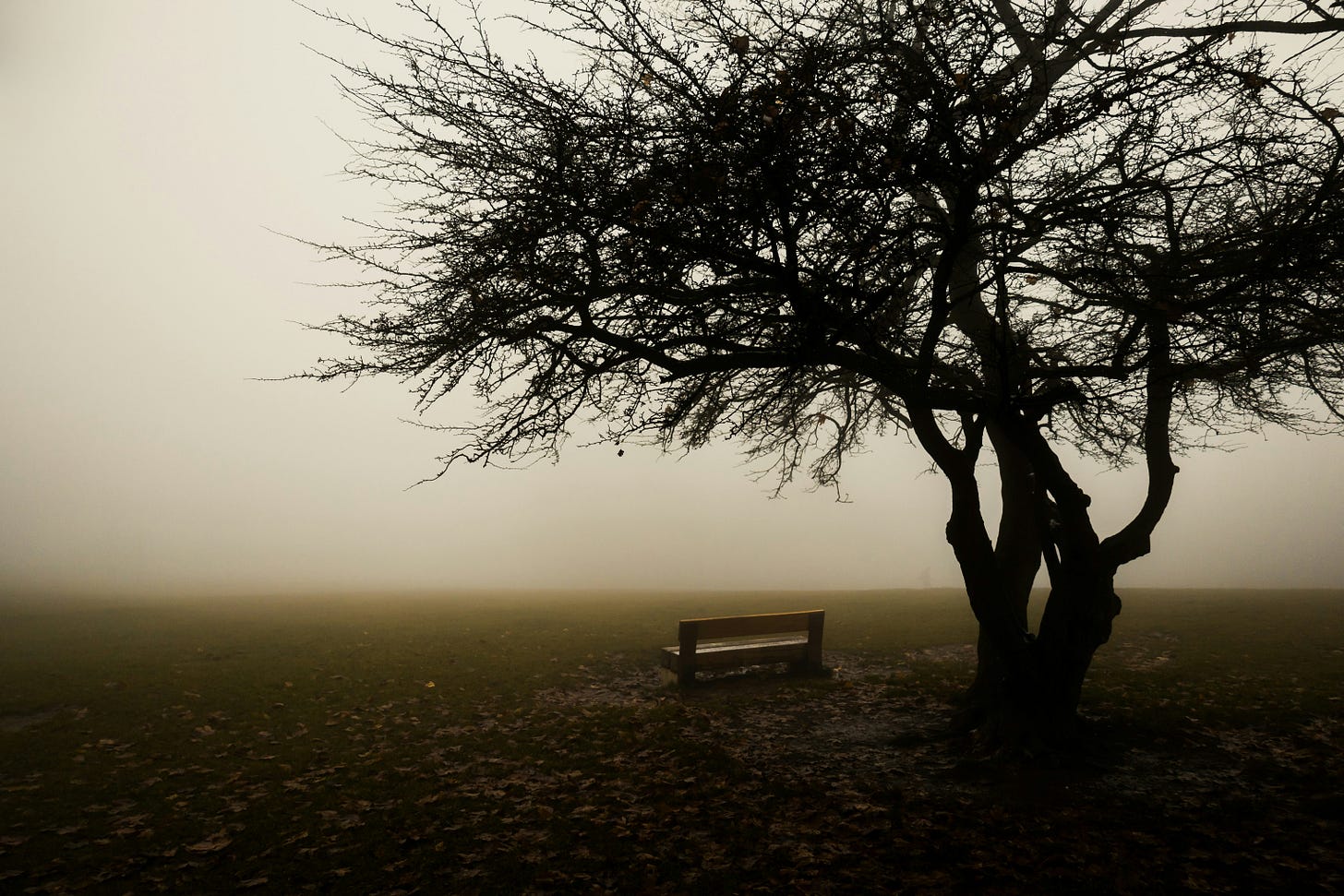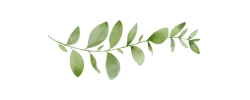If there are parts of yourself you’ve struggled to name – especially the parts about anxiety, silence, shame, and the hunger for love that couldn’t be filled – this story is for you.
After recently reading Kelly McDaniels’ book Mother Hunger: How Adult Daughters Can Understand and Heal from Lost Nurturance, Protection, and Guidance, I felt inspired to write this personal reflection about my own experience. My intention with this piece is not to present a thorough review of McDaniel’s work, but rather to share with you how the book helped me name a key source of my earlier emotional pain: the hidden childhood wound that left me feeling empty, alone, and ashamed for nearly three decades.
My hope is that those of you who relate to my story will feel seen and understood.
I believe it is through recognizing and honoring what each of us has gone through (or are facing now) that we can truly cultivate empathy and compassion for ourselves and one another.
I want to begin by clarifying that while the concept of mother hunger examines a lack of maternal care, it is not an invitation to blame mothers. As McDaniel reminds us: “Every mother is first a daughter carrying her own emotional wounds into motherhood.” When we hold this truth, we can soften. This perspective allows us to make room for grief without blame.
Mother Hunger documents the cycle of shame and harmful behaviors that come with being under-mothered and misdiagnosed. Among the many patterns that McDaniel names – guilt, self-blame, compulsive people-pleasing, perfectionism, sleep disturbances, and substance abuse, to name just a few – there were some that struck a deep chord in me:
Periods of overeating or starving.
An insatiable hunger for love or anything that feels like love.
Unmanageable moods.
Check. Check. And check.
The road through my twenties and thirties was littered with empty tubs of Breyers Rocky Road ice cream and piles of wet tissues as I cried over clueless partners and unrequited love. I had a strong attraction to men who were unavailable, self-centered, and incapable of filling the hole inside me that I later realized could only be filled with self-love.
I developed a damaging cycle of “restrict and release” where I would eat only dry pita bread and carrots for days or weeks at a time, just to get to that magical number on the scale. Then I would release the tension by eating enormous amounts of carbs – boxes of cookies and gallons of ice cream. This bingeing was always done alone, in secret. With each mouthful, I was numbing the terror of unworthiness and abandonment while trying to fill the emptiness inside. I didn’t tell anyone.
Not friends. Not family. No one. I held it all inside and kept it private.
I know now that beneath that insatiable hunger was something deeply primal: a longing for the care and nurturing that my mother simply wasn’t capable of offering, despite her well-intentioned efforts.
Understanding the impact of inadequate nurturing
Research in epigenetics has demonstrated that a mother's unresolved emotional issues and trauma can have a detrimental impact on her unborn child, potentially influencing the child's genetic makeup.
My mother’s life was a living reflection of this - she was born into debilitating poverty during The Great Depression. When her parents divorced as a result of their poverty, her mother sent her to live with her father. Her stepmother was cruel and her father died young. During her pregnancy with me, her life was incredibly stressful. She was a young mother of my three-year-old sister, living in a tiny apartment with an unreliable, alcoholic husband who was hooked on gambling, and she had little support from older women in her community.
Prenatal exposure to stress and anxiety causes cortisol and adrenaline hormones to flood the baby’s body to prepare it for danger. This can shape the maturation of a child's nervous system, leading to a state of hypervigilance. Research has shown that stressed mothers often have stressed, insecure children. For my mother, this constant strain became a way of life. She was always worried about the next paycheck and was upset every time my father stayed out late at night. As a result, I unknowingly inherited her patterns of anxiety and tension.
The stress my mother carried was a never-ending presence, shaping not only her life, but mine as well. Despite her own challenges, she nurtured me as best she could, given her own lack of nurturing she experienced as a child. But by my bedtime, she was exhausted and there wasn’t time for cuddling and listening.
So what happens when a mother is unavailable or distracted?
A child will inevitably turn toward something else to soothe their overactive nervous system.
Throughout my childhood, my mother would take me to the pediatrician to plead with him for answers: “Why is she sucking her thumb at age 5?” and, “Why is she still wetting the bed at age 8?” Today, those questions would be red flags for most doctors and would trigger a referral to a mental health professional who deals with childhood trauma. But in the 1950s, there was no talk of “children of alcoholics” or dysfunctional family dynamics.
Back then, they didn’t have access to this information, but I later learned in therapy as an adult that bed-wetting happens when a child lets go of the tension they have carried throughout the day. Similarly, thumb-sucking is a child’s effort to find comfort and soothing in the absence of attuned and nurturing maternal care. In my thirties, I was diagnosed with depression. Medication lifted my mood enough that I could finish graduate school, but it did nothing to relieve the state of being on high alert, tense and ready to protect myself against any threat, real or imagined. Yet a deeper, unaddressed anguish hovered beneath the surface. Over time, I became aware of a hidden truth:
Anxiety is the unnamed sister of grief.
Missing Guidance
Being fed, having regular bedtimes, and basic hygiene are important at younger ages, but as a girl reaches puberty, she begins to require a deeper kind of support: emotional guidance, understanding, and a supportive and grounding presence. In a world that diminishes female sexuality, power, and potential, she needs a mother who can guide her toward womanhood with confidence and courage.
But too often, inherited norms and unspoken pressures take the place of meaningful connection during this pivotal time in a young woman’s life. Sometimes, a mother’s way of guiding her daughter is based in fear and rigid rules, which creates a lonely chasm between them. As a young girl raised in the Deep South, I was taught through both example and words: “Always look good. Be quiet and polite. Don’t act too smart or the boys won’t like you. Do what you’re told. It doesn’t matter what you want. Don’t ask why.”
I internalized my mother's unfavorable views about what it means to be female. Menstruation was an annoying embarrassment and she taught me to mask any body odors “down there.” Obsessed with having a flat stomach and impeccable appearance, my mother passed along fixations like dieting and secret-keeping that later proved harmful. As far as I could tell, my mother had no female friends to speak of. I never learned from her how to cultivate a caring relationship with girls, and I struggled to build meaningful connections as an adult.
These messages shaped the girl I learned I should be. They led to constantly second-guessing myself, hiding my feelings, and a deep and hidden sense of shame about being female. I cultivated an internal monitor that, as I ventured into the world - scared and clueless - stopped me from speaking up and setting clear boundaries in relationships. Unable to identify or express my anger and hurt, I simmered silently, hurting myself with disordered eating, risky behaviors, and excessive caretaking.
Uncovering hidden wounds of the past
What comes next in my story touches on deeper, more delicate parts of my journey - moments that were once too difficult to fully confront. Dear reader, I am so grateful to you for being here. After all those years of hiding and feeling alone, your support within this community has given me the courage to speak my truth.
Keep reading with a 7-day free trial
Subscribe to Radiant Wise Women to keep reading this post and get 7 days of free access to the full post archives.











